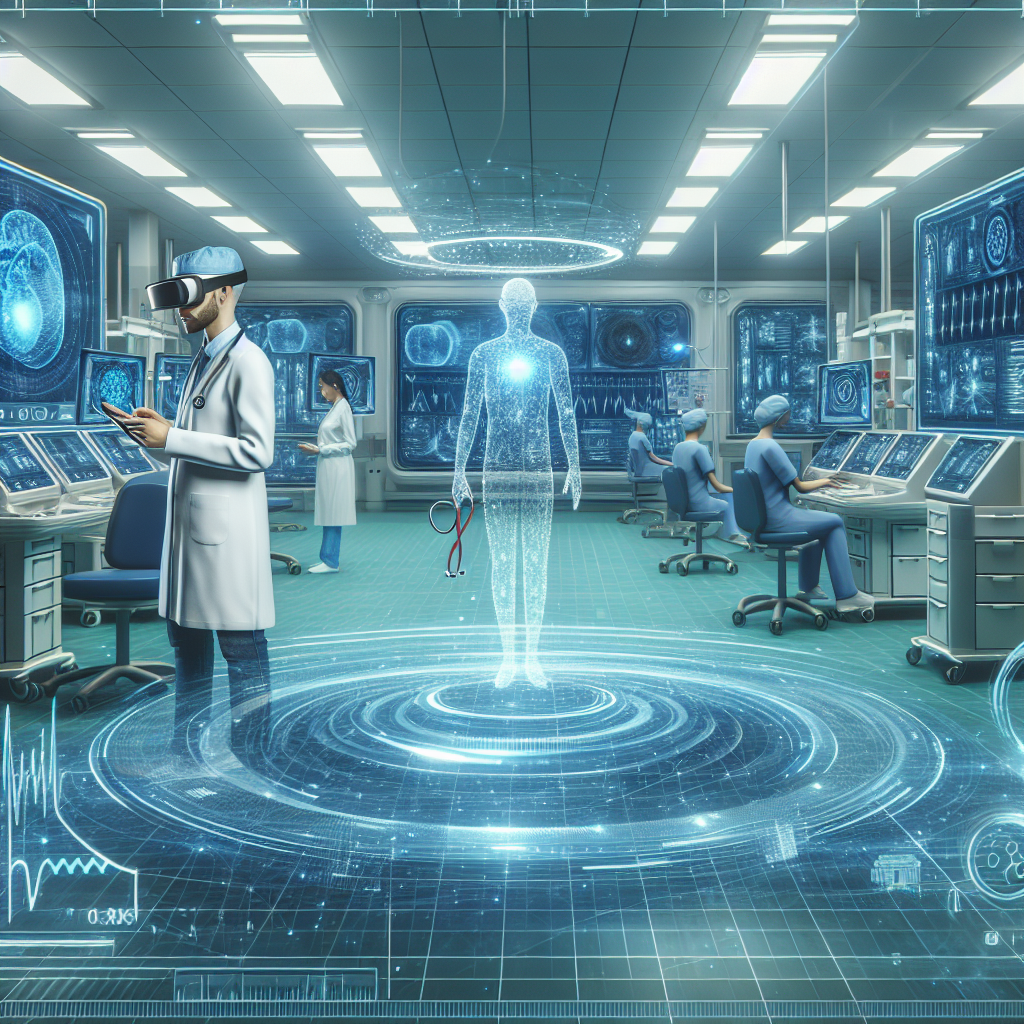The Rise of Virtual Reality in Healthcare
Virtual reality (VR) technology has been making waves in various industries, but perhaps one of the most exciting applications is in healthcare. The use of VR in healthcare has been steadily rising, with more and more healthcare providers incorporating this innovative technology into their practices. From patient care to medical training, VR is revolutionizing the way healthcare is delivered.
One of the key benefits of VR in healthcare is its ability to provide immersive experiences for patients. For example, VR can be used to distract patients during painful procedures or help them cope with anxiety and stress. By immersing patients in a virtual world, healthcare providers can help to alleviate pain and improve the overall patient experience.
In addition to patient care, VR is also being used for medical training and education. Medical students can now practice surgeries and procedures in a virtual environment, allowing them to gain hands-on experience without the risk of harming real patients. This not only improves the skills of medical professionals but also enhances patient safety.
Another area where VR is making a significant impact is in mental health treatment. Virtual reality therapy has been shown to be effective in treating various mental health conditions, such as anxiety, phobias, and PTSD. By exposing patients to virtual environments that trigger their fears or anxieties, therapists can help patients confront and overcome their issues in a controlled and safe setting.
Furthermore, VR is being used in rehabilitation therapy to help patients regain mobility and strength after injuries or surgeries. By immersing patients in virtual environments that simulate real-world scenarios, therapists can motivate patients to engage in their rehabilitation exercises and track their progress over time.
Overall, the rise of virtual reality in healthcare is opening up new possibilities for patient care, medical training, and therapy. As the technology continues to evolve, we can expect to see even more innovative applications of VR in the healthcare industry. From improving patient outcomes to enhancing medical education, VR is shaping the future of healthcare in exciting and transformative ways.


